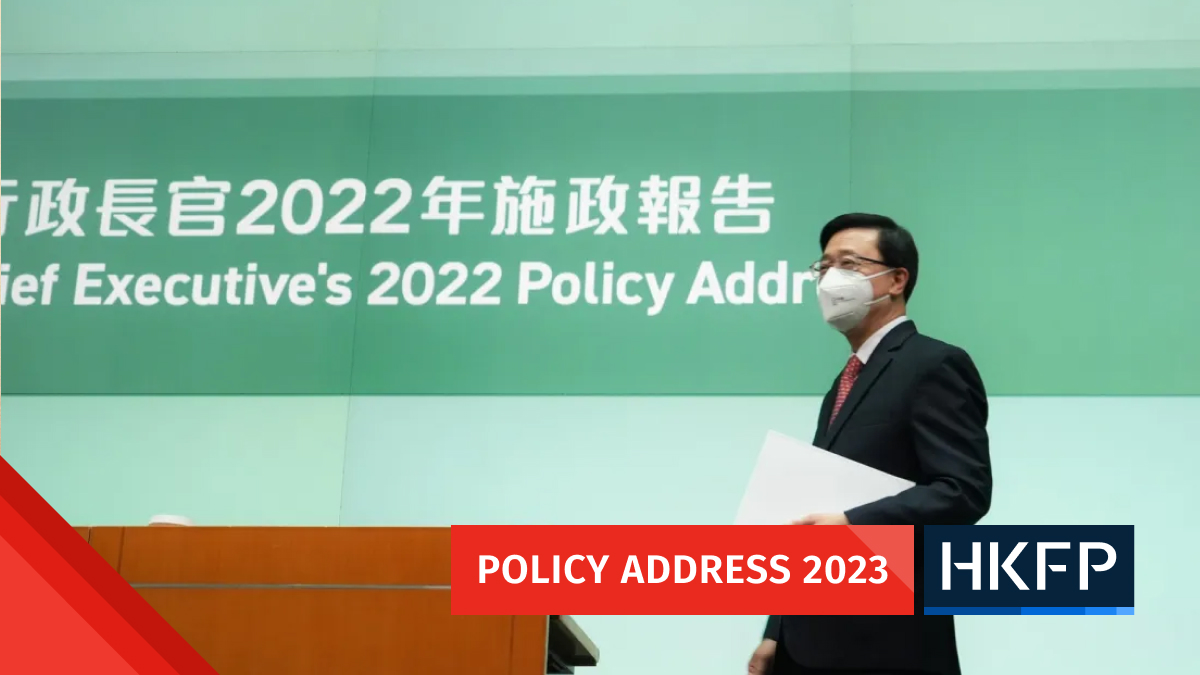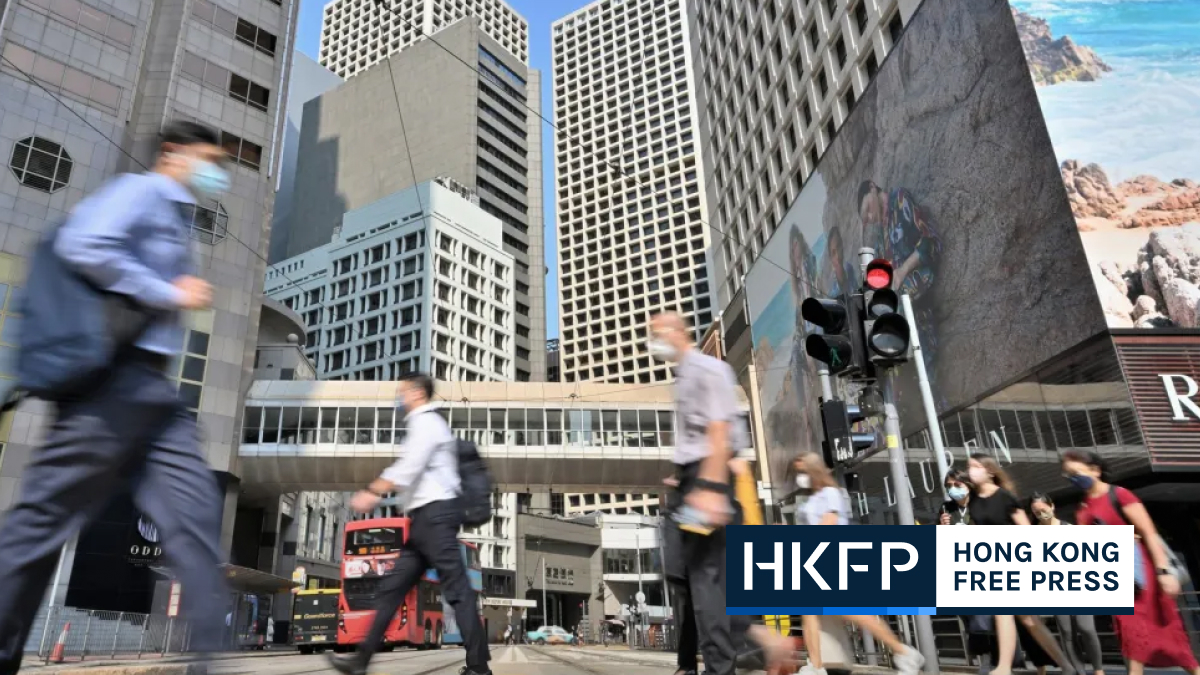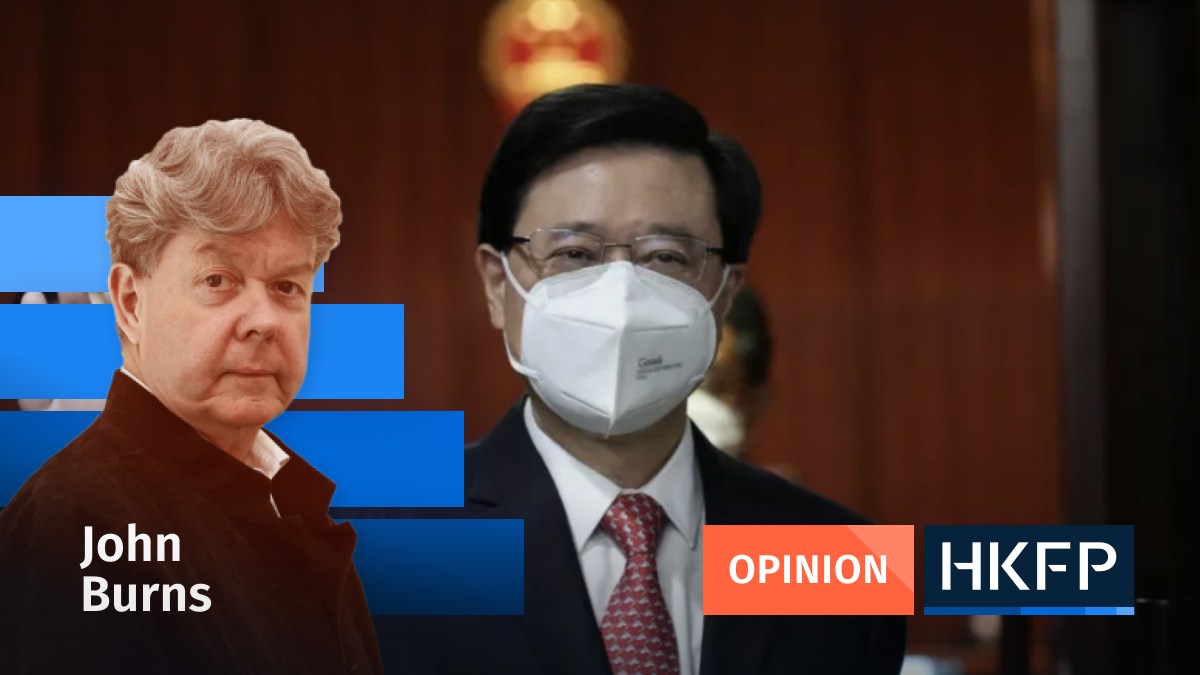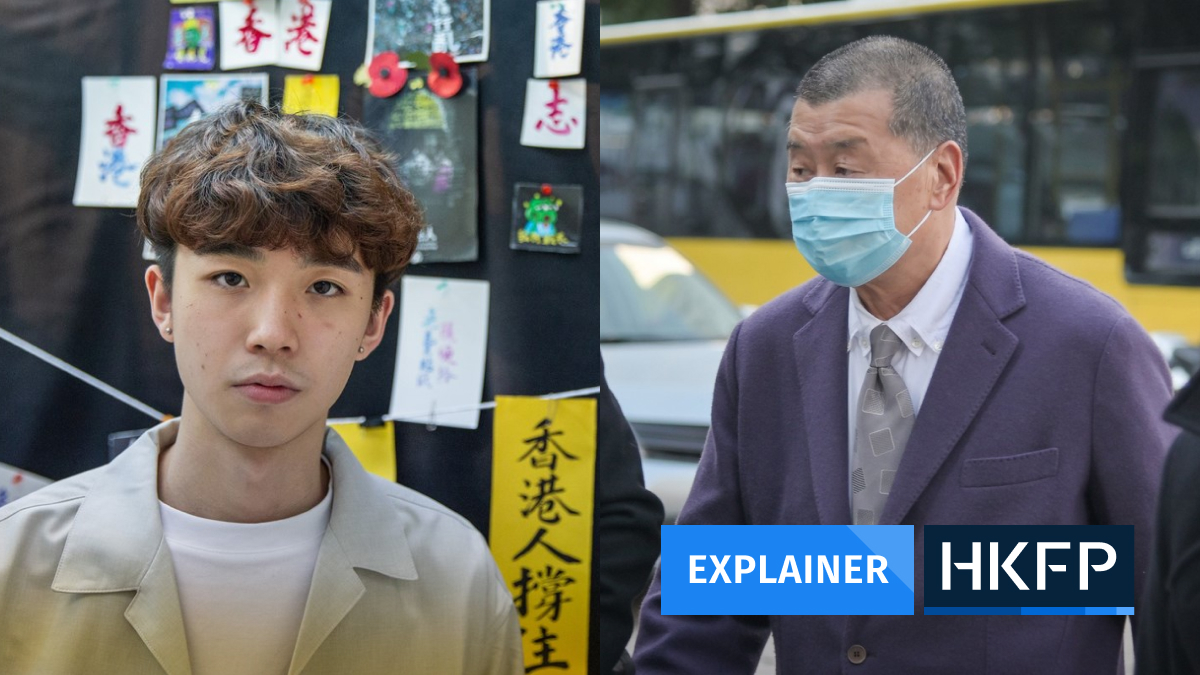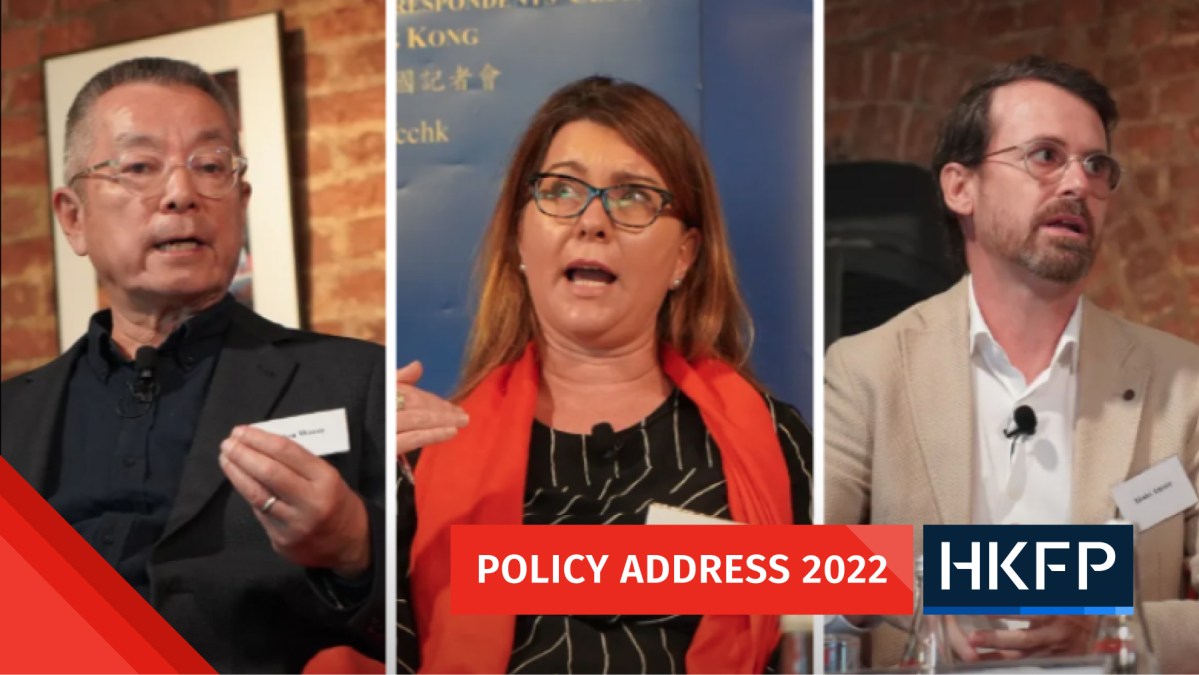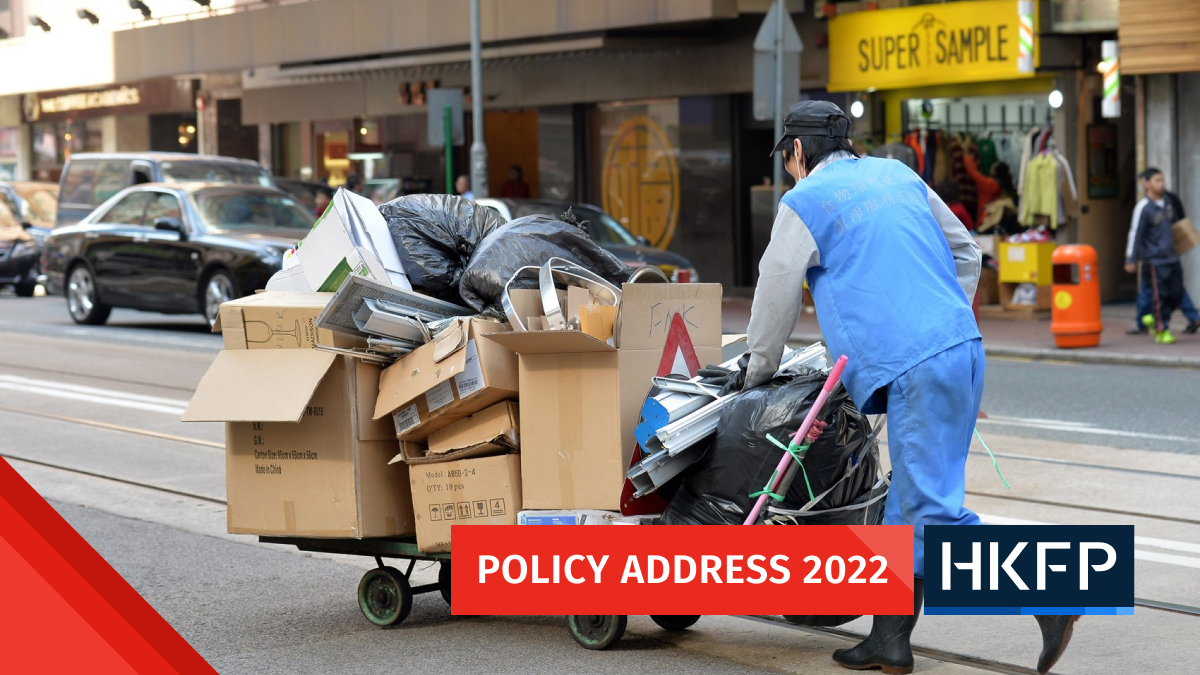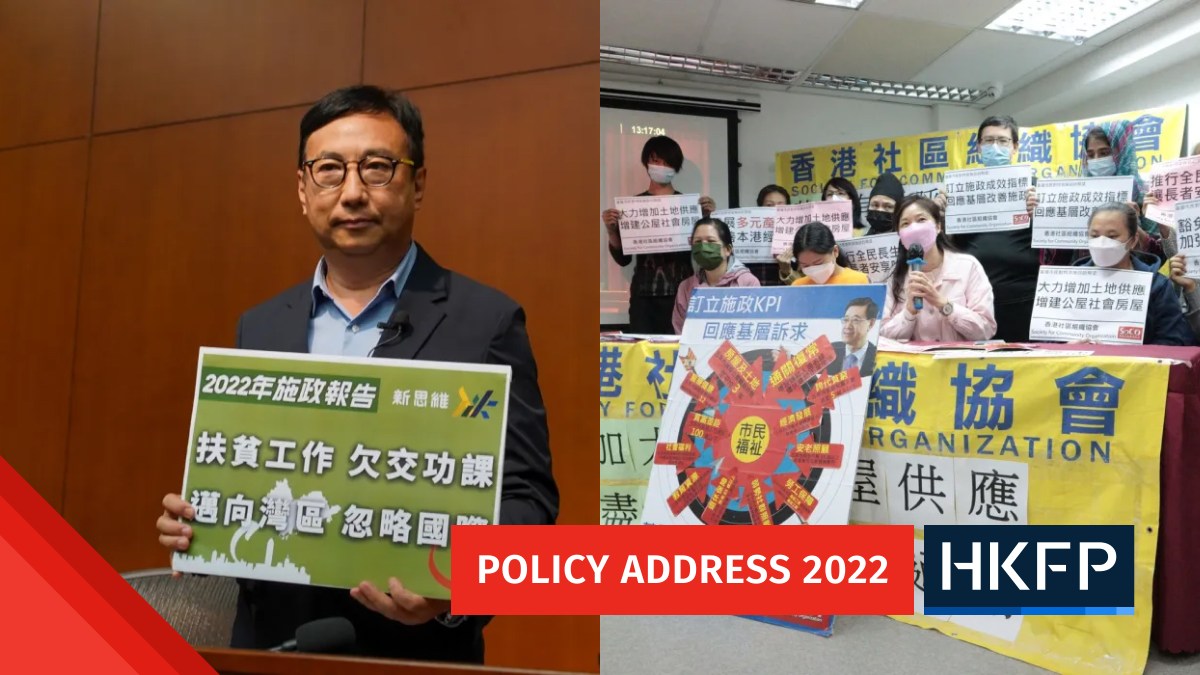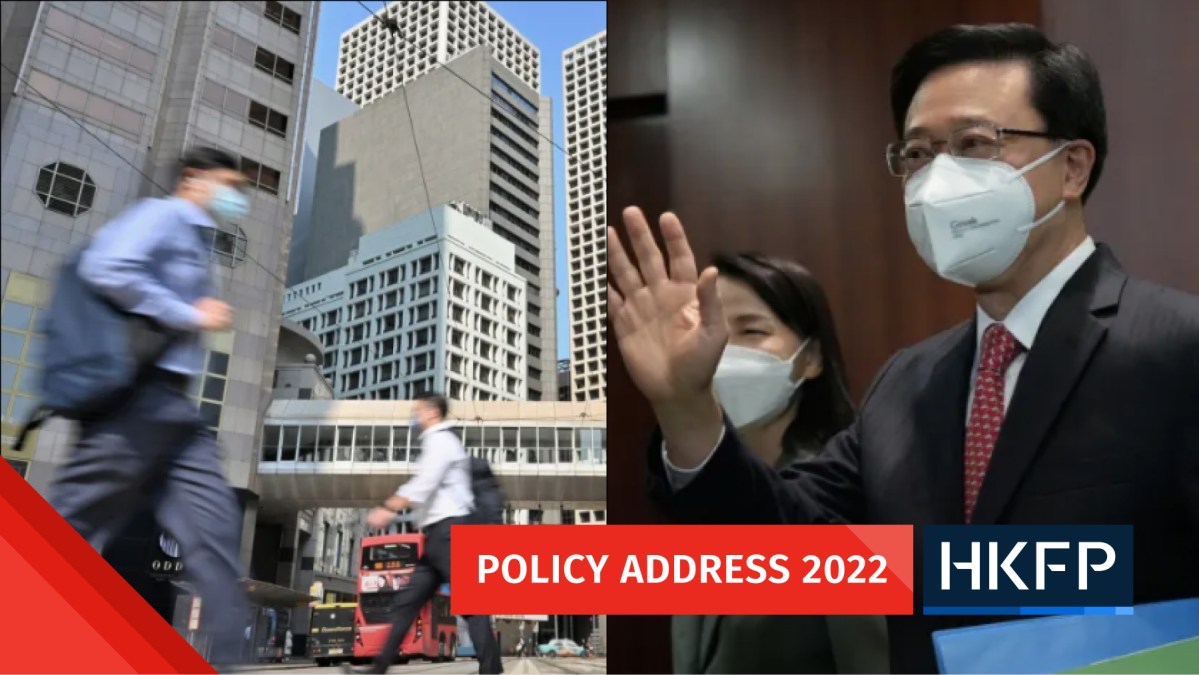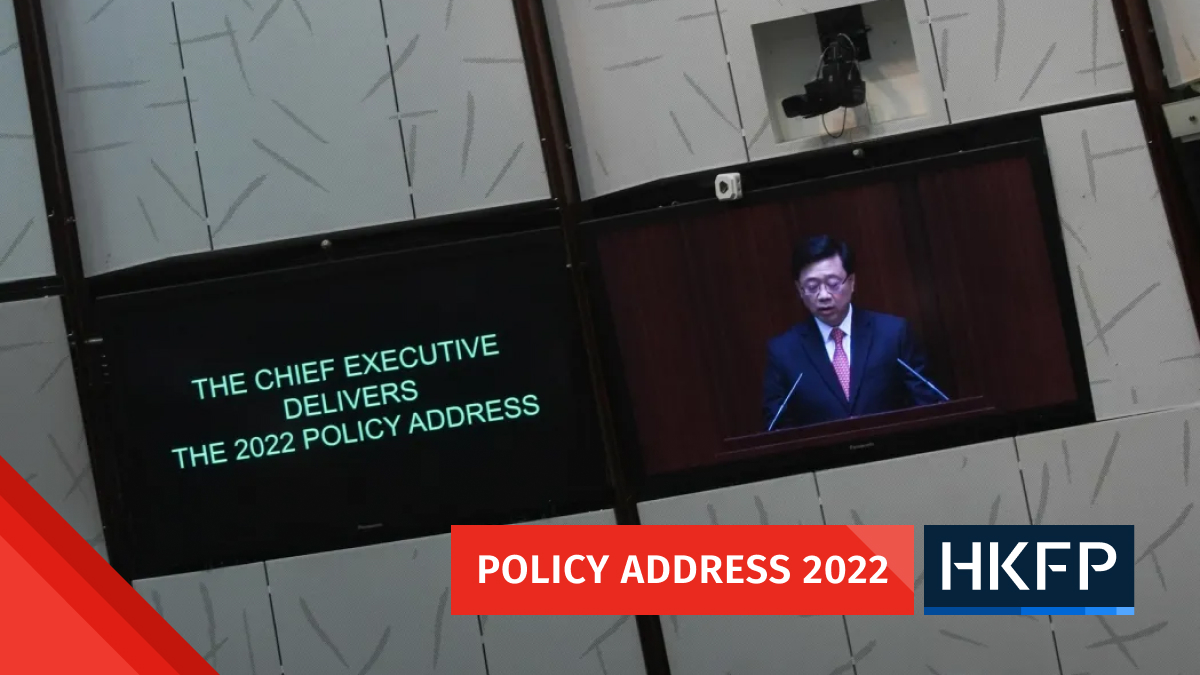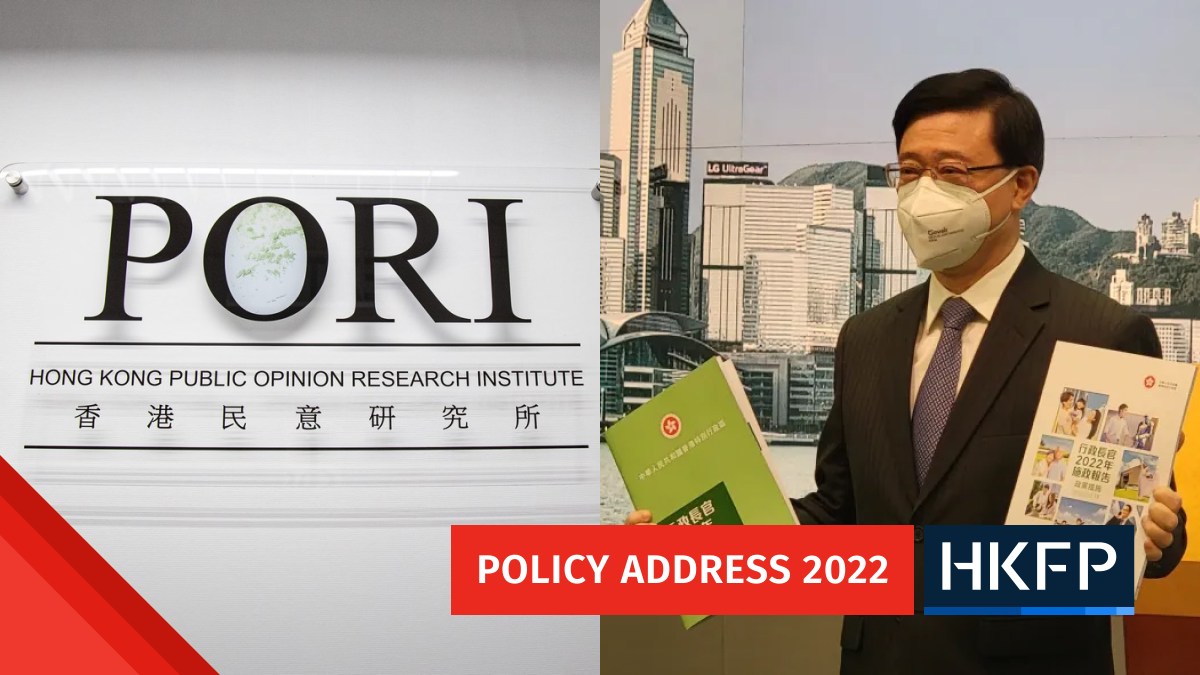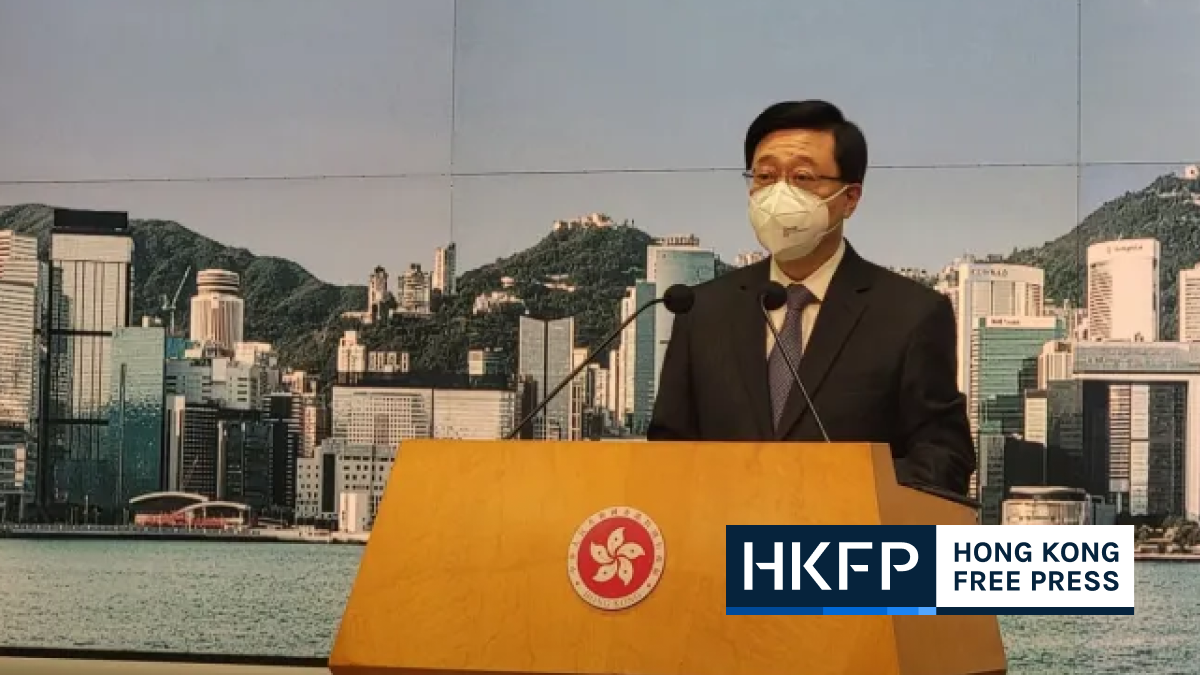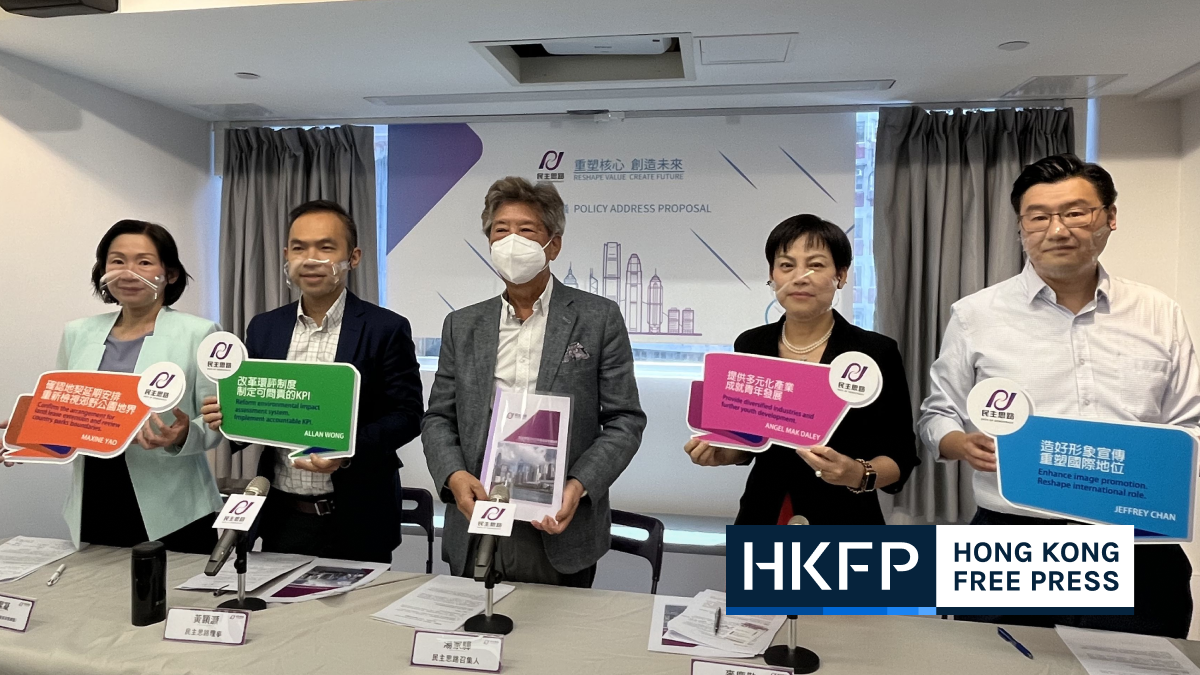Chief Executive John Lee has responded to Chinese leader Xi Jining’s wish for Hong Kong people to live in more decent homes with the latest housing proposals announced in his first Policy Address on Wednesday, the city’s lawmakers have said.
The Light Public Housing (LPH) scheme promises 30,000 units in the coming five years, but a non-pro-establishment legislator and civil society groups criticised Lee’s key initiative as failing to tackle the worsening housing crisis.

The chief executive said on Wednesday that the government will build “light” housing units that feature basic utilities similar to traditional public housing with a lower rent. The construction of the first 1,000 LPH is expected to begin next year and will be completed in 2024, government sources told HKFP.
The plan will increase Hong Kong’s public housing supply by 25 per cent, with an aim to shorten waiting times to 4.5 years within four years, Lee said. As of June 2022, applicants on the public rental housing list have to wait an average of six years to secure a unit, figures from the Housing Authority showed.
‘A breakthrough’
On Wednesday, Hong Kong’s largest pro-Beijing party DAB described John Lee’s first Policy Address as “forward-looking,” saying it embodied “global vision, a reformist mindset and awareness for implementation.” The party largely welcomed the annual address and said it was “satisfied” with the proposals, chairwoman Starry Lee told reporters after the chief executive read out 180 paragraphs from his speech at the Legislative Council.

Lee’s housing measures showed that the city’s leader “responded preliminarily” to the speech made by Chinese President Xi Jinping on July 1 when Hong Kong marked 25 years since its return to China’s rule, said DAB’s vice chief Chan Hok-fung.
The lawmaker was referring to one of Xi’s proposals for Hong Kong, in which he asked the new administration that resumed office on July 1 to “earnestly address people’s concerns and difficulties in daily life”: “Currently, the biggest aspiration of Hong Kong people is to lead a better life, in which they will have more decent housing…”
While the LPH initiative addressed the DAB party’s suggestion of providing 30,000 more public housing units within five years, the chief executive did not include a timetable in his address, Chan said. The legislator also questioned whether the government will allocate some LPH units in Kowloon to make them more accessible.
“Most transitional housing at present are located in the New Territories, which is not very convenient for citizens,” Chan said, adding the authorities should devise clearer measures to accommodate the LPH scheme with existing transitional housing.
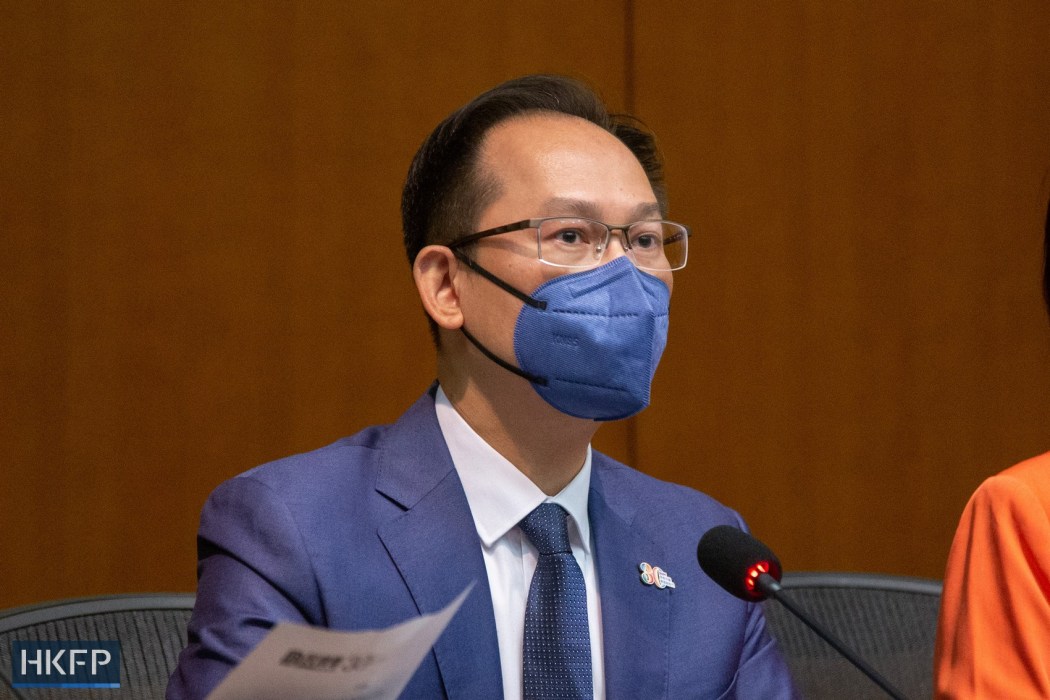
The DAB also called on the government to be “more ambitious” by aiming to cut the public housing waiting time down to three years rather than 4.5 years.
New People’s Party member Dominic Lee also praised the 2022 Policy Address as having responded to Xi’s wishes for Hong Kong to tackle its housing problem. Lee said the new six-year maximum waiting time for public housing showed that the government had “a lot of determination in solving Hong Kong’s housing crisis.”
“We think the concept of LPH is a breakthrough because, in the short-term, it can allow people living in subdivided flats to [have a better living space] while still waiting for public housing,” he said.
‘Repackaged’ polices
The effectiveness of the LPH scheme was questioned by civil society groups, however, with the Liber Research Community calling it a “repackaged” version of the existing transitional housing. The group which specialises in land supply research in Hong Kong said that adding the 30,000 LPH units and the existing 12,000 units in an advanced allocation scheme for traditional public rental housing “plays up” the figures.
Mok Kin-shing, the Democratic Party’s spokesperson on housing affairs, echoed similar criticism. The government was “playing with words and maths,” he said, as LPH residents will have to be relocated to traditional public housing units when their tenancy ends.
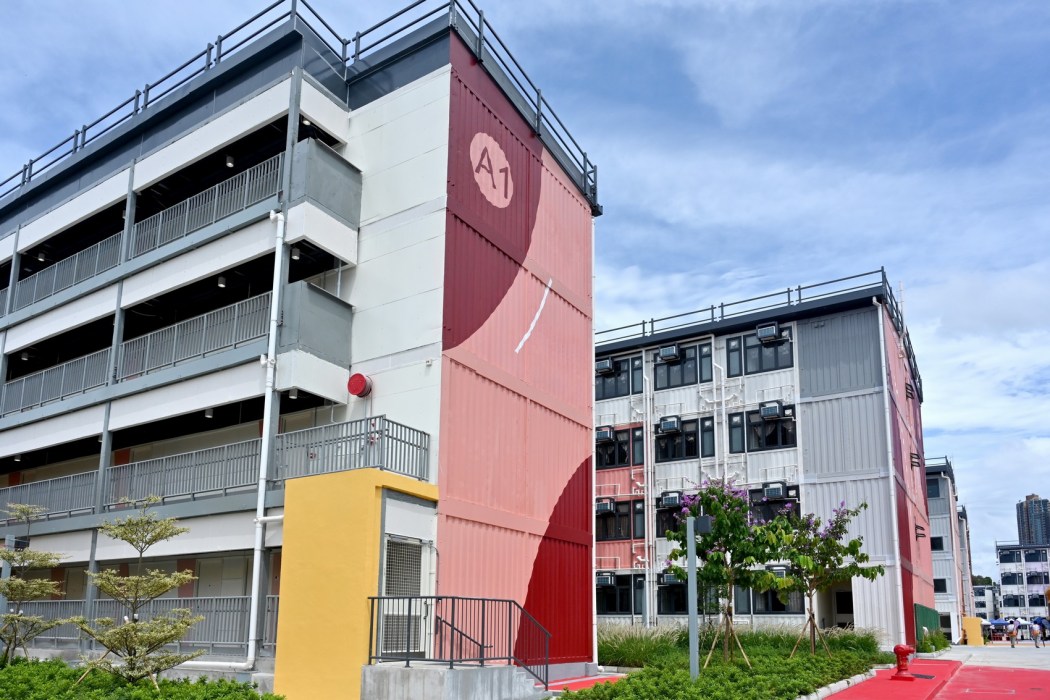
Lawmaker Tik Chi-yuen – the sole self-described non-pro-establishment politician in the “patriots only” legislature – also raised concerns that LPH tenants may have to return to cage homes, partitioned units or subdivided flats following their short-term tenancies of around five years.
“So this does not achieve the ultimate aim [of obtaining public housing]. You are just moving people from one place to another. It is just buying time,” the Third Side lawmaker said.
Ms. Mok, who is currently living in a subdivided flat in Sham Shui Po with serious water leakage problems, told HKFP she was “very happy” to hear Lee’s promise on a maximum waiting time for public housing. “But I hope the chief executive does not disappoint us, I have no other demands,” she said at the press conference.
Meanwhile, NGO Society for Community Organization (SoCO) said Lee’s proposed cap on public housing waiting times left out a significant number of individual applicants under the age of 60, who were placed in a separate queue with other family and elderly one-person applicants.
“Now there is only a maximum waiting time for 60 percent of the people, but not the other 40 per cent. This, we think, is unfair,” said SoCO’s Deputy Director Sze Lai-shan.
Additional reporting: Peter Lee, Hillary Leung and Almond Li.
Policy Address 2022 – full coverage:
Support HKFP | Code of Ethics | Error/typo? | Contact Us | Newsletter | Transparency & Annual Report

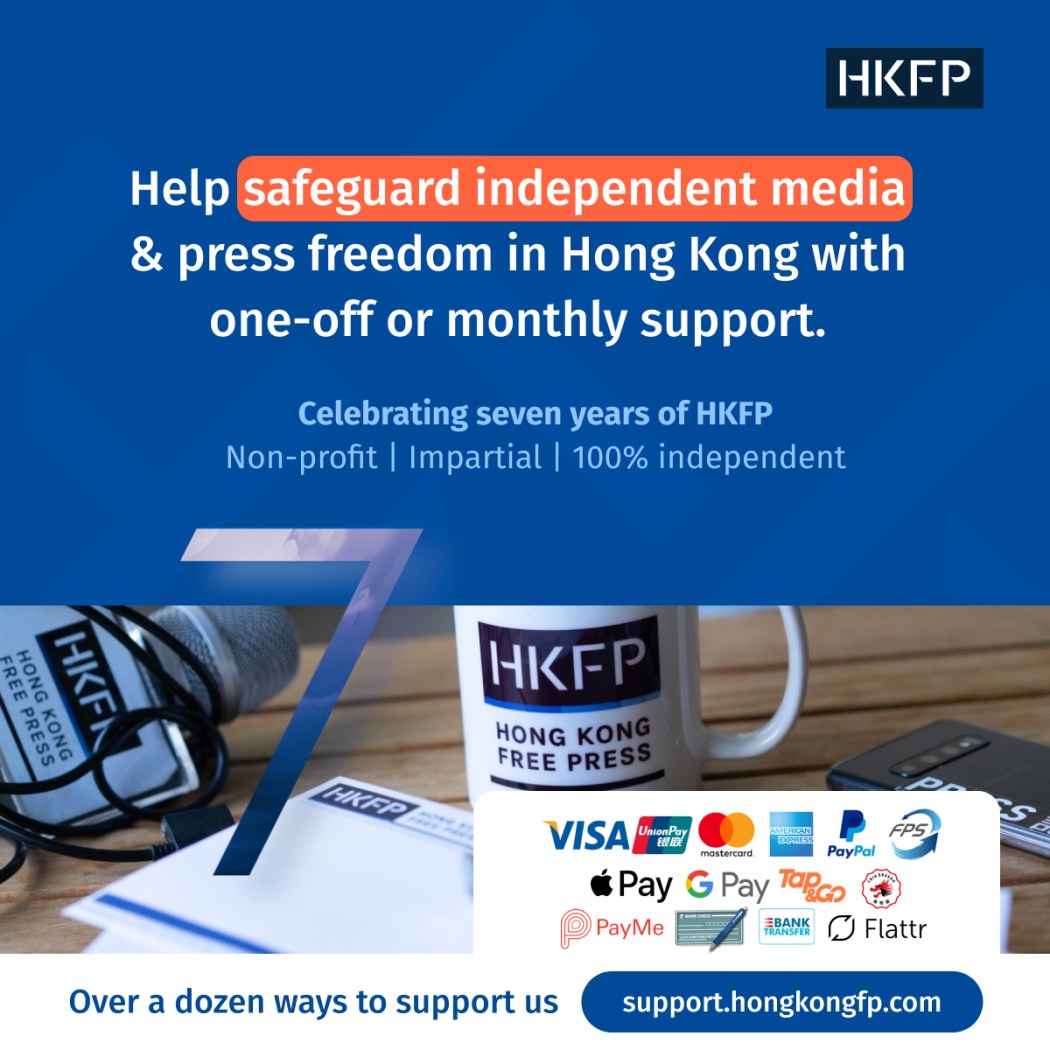
Support press freedom & help us surpass 1,000 monthly Patrons: 100% independent, governed by an ethics code & not-for-profit, Hong Kong Free Press is #PressingOn with impartial, award-winning, frontline coverage.
Policy Address 2022 – full coverage:
Support HKFP | Code of Ethics | Error/typo? | Contact Us | Newsletter | Transparency & Annual Report


Support press freedom & help us surpass 1,000 monthly Patrons: 100% independent, governed by an ethics code & not-for-profit, Hong Kong Free Press is #PressingOn with impartial, award-winning, frontline coverage.

